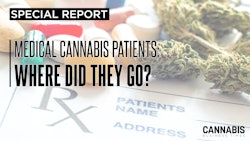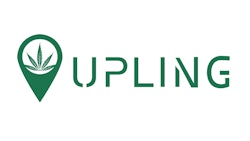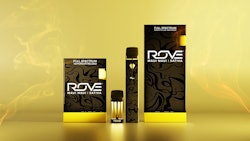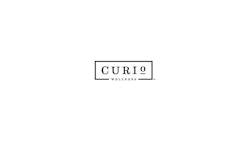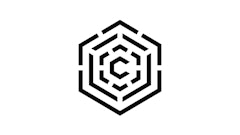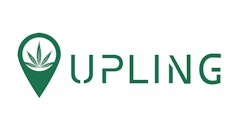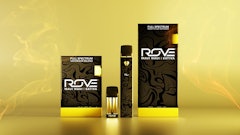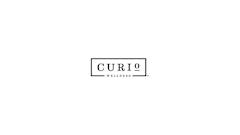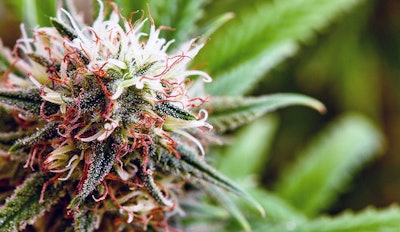
Delta-8 and delta-10 THC are illegal, and state law that prohibits businesses from selling hemp-derived products without a license is constitutional, the Appellate Court of Maryland ruled on Sept. 9.
The ruling reverses a lower court’s decision to grant a preliminary injunction to the Maryland Hemp Coalition and several hemp retailers, producers, farmers and consumers, who had challenged the state’s licensing requirement under the Cannabis Reform Act (CRA) that the Maryland General Assembly passed in 2023 to regulate an adult-use marketplace.
The now-lifted injunction had prevented state officials from enforcing the CRA’s licensing requirement for hemp-related businesses wishing to sell intoxicating products.
Although the state is now allowed to enforce the licensing requirements on hemp businesses, the Maryland Appellate Court ruled that intoxicating products containing synthetic hemp derivatives created in a chemical process remain illegal.
“While this case turns on the state’s ability to enforce the licensing requirement against hemp-derived psychoactive products, the parties have not addressed the legality of these products,” Appellate Judge Daniel A. Friedman wrote. “As we explain below, hemp-derived psychoactive products, so-called delta-8 and delta-10 THC, are now and have always been illegal in Maryland. That the prohibition has been the subject of lax enforcement does not make it legal.”
Furthermore, the judge pointed out that intoxicating products with hemp derivatives took off nationwide after the 2018 Farm Bill federally legalized the commercial cultivation of hemp because U.S. lawmakers did not regulate finished goods in that agricultural legislation.
“This may have contributed to businesses in Maryland and across the country selling these products,” Friedman wrote.
However, the judge explained, the 2018 Farm Bill did not prevent state governments from regulating their hemp marketplaces more stringently than the federal legislation. And, since the Maryland Department of Agriculture submitted Maryland’s state hemp plan to the U.S. Department of Agriculture in 2020, the 2018 Farm Bill does not preempt the state’s regulations on hemp, the court ruled.
The Maryland General Assembly adopted the state’s hemp cultivation program in 2019 and placed restrictions on intoxicating hemp-derived products.
“Based on the regulatory history of hemp and the products derived from it, the legal status of hemp-derived psychoactive products in Maryland prior to the enactment of the Cannabis Reform Act was clear,” Friedman wrote. “While these products may have proliferated during the period of regulatory uncertainty created by the 2018 federal Farm Bill, Maryland law prohibited the use or creation of hemp-derived psychoactive products.
“Significantly, the Cannabis Reform Act bans the sale of most hemp-derived psychoactive products. It does so by prohibiting products ‘not derived from naturally occurring biologically active chemical constituents.’ AB § 36-1102(c). Thus, because hemp-derived psychoactive products, including delta-8 and delta-10 THC, are derived from a chemical process … these products are prohibited.”
The Maryland Hemp Coalition, et al., also argued in the lawsuit that the CRA created an unconstitutional monopoly under Article 41 of the Maryland Declaration of Rights because of a common right exception. Maryland was the first state to adopt a constitutional anti-monopoly provision in 1776, according to the appellate court.
The court considered whether there was a common right to intoxicating hemp-derived products in both the broader cannabis market and the limited hemp market. The court determined there was not a common right in the broader market because of cannabis’s Schedule I federal status under the Controlled Substances Act. The court also determined Maryland’s agricultural hemp laws did not create a common right.
Under the monopoly argument, the court ruled Maryland Hemp Coalition did not attempt to define the relative market—including the size of the market, the products involved, and the size of the monopoly in relation to the market—which Friedman opined was a relevant matter of law.
The court considered several choices for a relevant market:
- All intoxicating products (hemp, marijuana, alcohol, other drugs)
- All products of the cannabis plant (hemp, marijuana, nonintoxicating, intoxicating, intended for human consumption, not intended for consumption)
- Only intoxicating cannabis products (hemp, marijuana)
- Only marijuana products
- Only hemp products
“The determination of the relevant market is neither theoretical nor academic,” Friedman wrote. “It affects whether a litigant can prove their Article 41 claims, it affects the type of analysis a court performs, and it affects whether an alleged monopoly satisfies an exception under Article 41. … In fact, we think the failure to identify the relevant market led to confusion here. That is, the Hemp Coalition’s arguments could apply to at least two markets—the broader cannabis market or the limited hemp-derived psychoactive products market.”
Given the ambiguity, the court ruled the Maryland Hemp Coalition cannot succeed on its monopoly argument that the CRA infringes on a common right.
Furthermore, the court determined that the CRA is permissible under Article 41 because the state’s cannabis regulations are “reasonably required” for the public interests, including consumer safety, youth protections, and social equity initiatives that remedy past discrimination.
“The Maryland General Assembly considered the dangers of both cannabis products generally and hemp-derived psychoactive products specifically and, in response, created a licensing requirement alongside product safety standards under the Cannabis Reform Act,” Friedman wrote. “We hold that the licensing requirement was reasonably required to protect the public health and fits within the public interest exception to Article 41.”
As a result of the court ruling, all Maryland businesses must first obtain a cannabis license before selling any intoxicating cannabinoid products—whether derived from marijuana or hemp.











